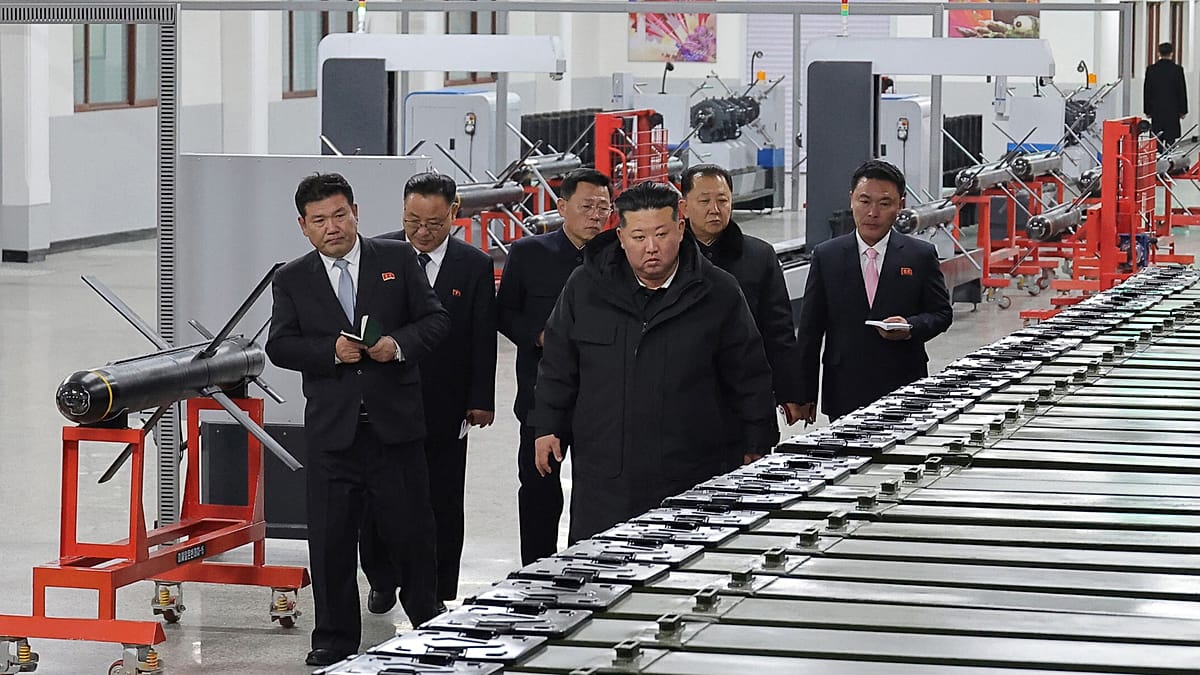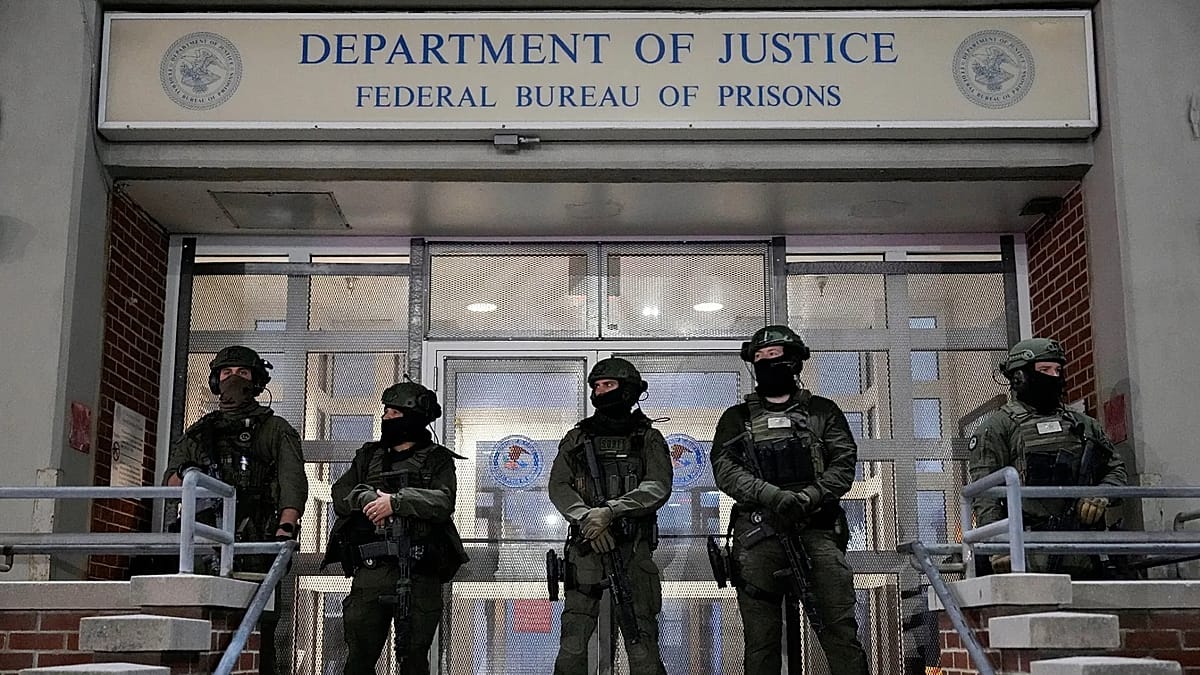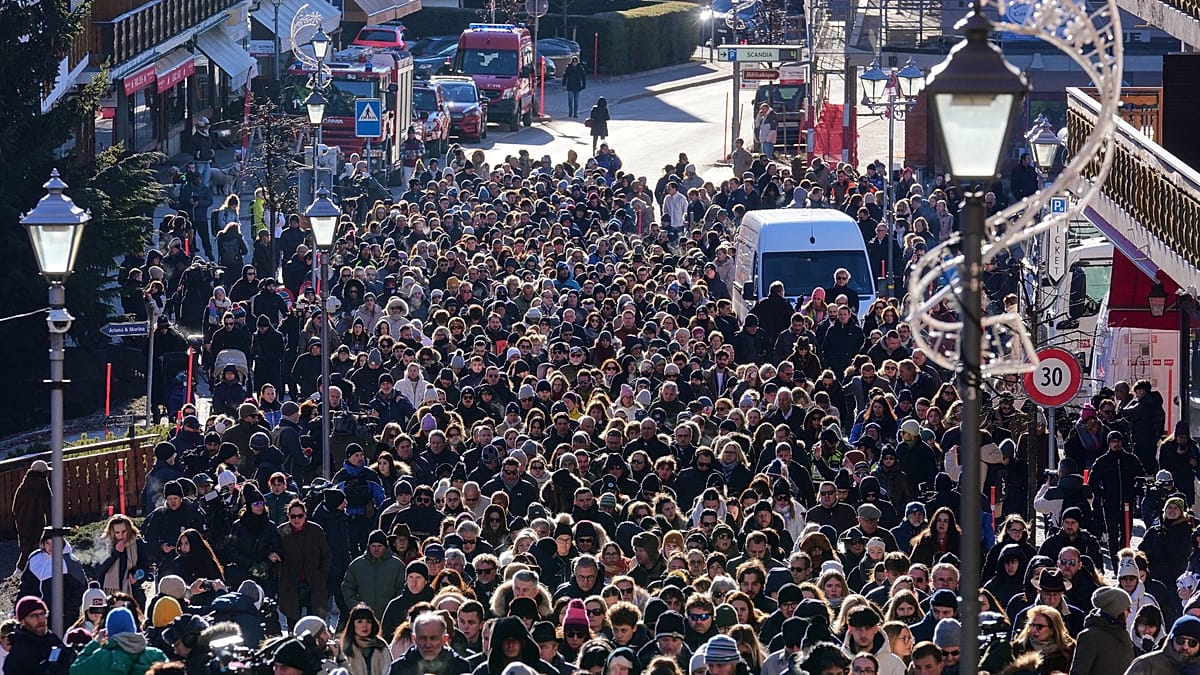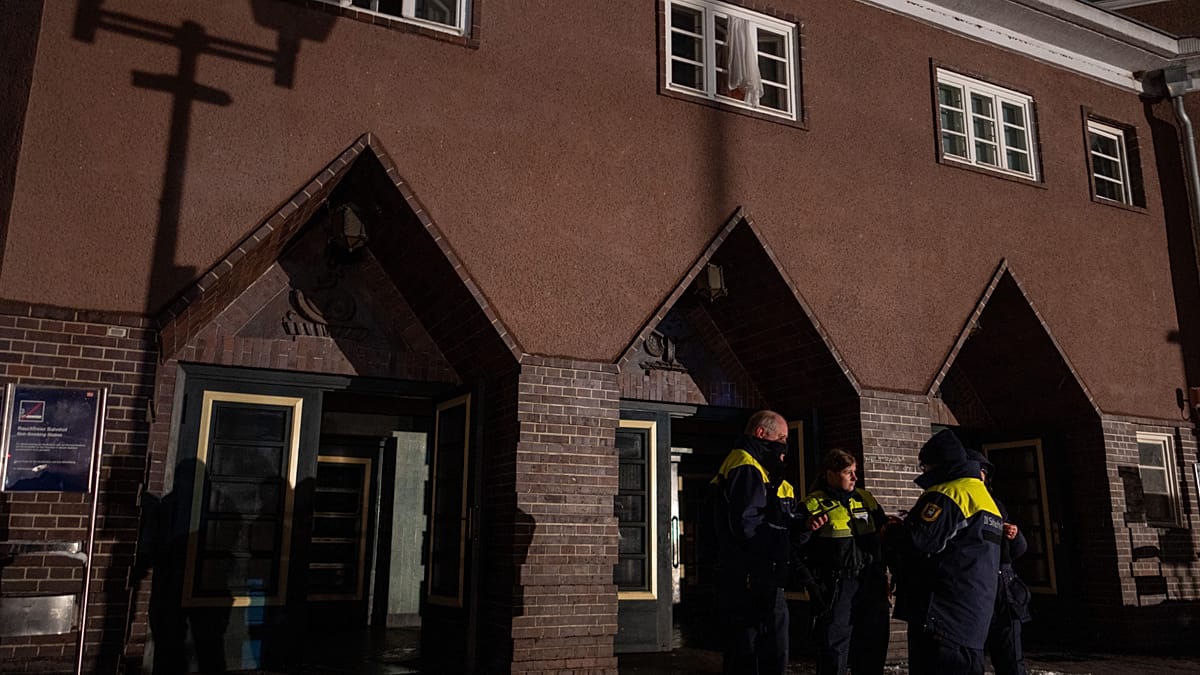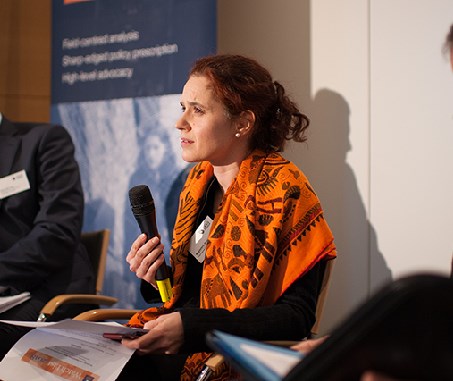The KE adopted a package of sectoral proposals for the new EU budget 2028–2034
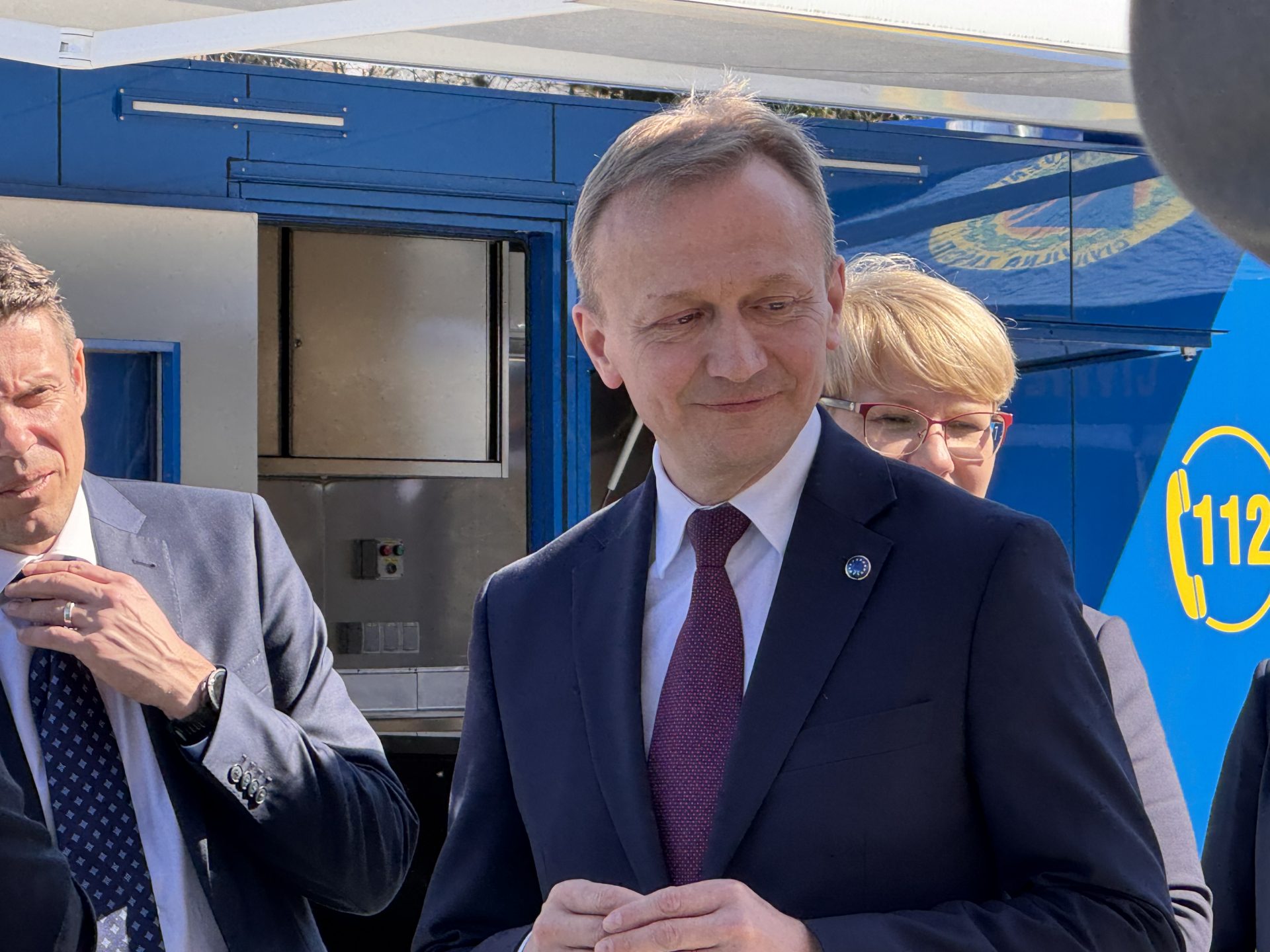
The European Commission adopted a package of sectoral proposals on Wednesday that complements the draft long-term EU budget for 2028–2034, worth nearly €2 trillion. As budget commissioner Piotr Serafin stated, this is the finalization of the Commission’s project.
The package includes, among other things, a program for the single market and customs, a program related to justice, the Euratom research and training program, new instruments for cooperation and nuclear safety, support for the decommissioning process of the nuclear power plant in Ignalina, Lithuania, a decision on the association of countries and overseas territories, including Greenland, and the continuation of the Pericles V program aimed at combating euro counterfeiting.
The largest element is the program for the single market and customs with a budget of €6.2 billion – twice as much as in the current multiannual financial framework. This is intended to ensure stronger consumer protection, reduce cross-border and administrative barriers, and develop European statistics. Meanwhile, the justice program (€800 million) will support judicial cooperation, the digitization of justice, and the independence of courts.
For the Euratom program until 2032, €6.7 billion is planned, and €9.8 billion for the entire budget period. The funds are intended to support nuclear safety, radiological protection, waste management, and the development of research on nuclear fusion, including the EU’s participation in the ITER project.
The Commission also provided nearly €1 billion to support 13 countries and overseas territories, including Greenland, due to their strategic importance. The Pericles V program will continue to combat euro counterfeiting and currency-related fraud.
As the Commission emphasizes, the entire package complements the proposal for the multiannual financial framework for 2028–2034, which is to focus on competitiveness, defense and security, and decarbonization. Brussels proposes greater budget flexibility, simplification of programs, stronger support for regional investments, and new sources of revenue for the EU.
The budget draft requires unanimous approval from member states and approval by the European Parliament. (03.09.2025)




















